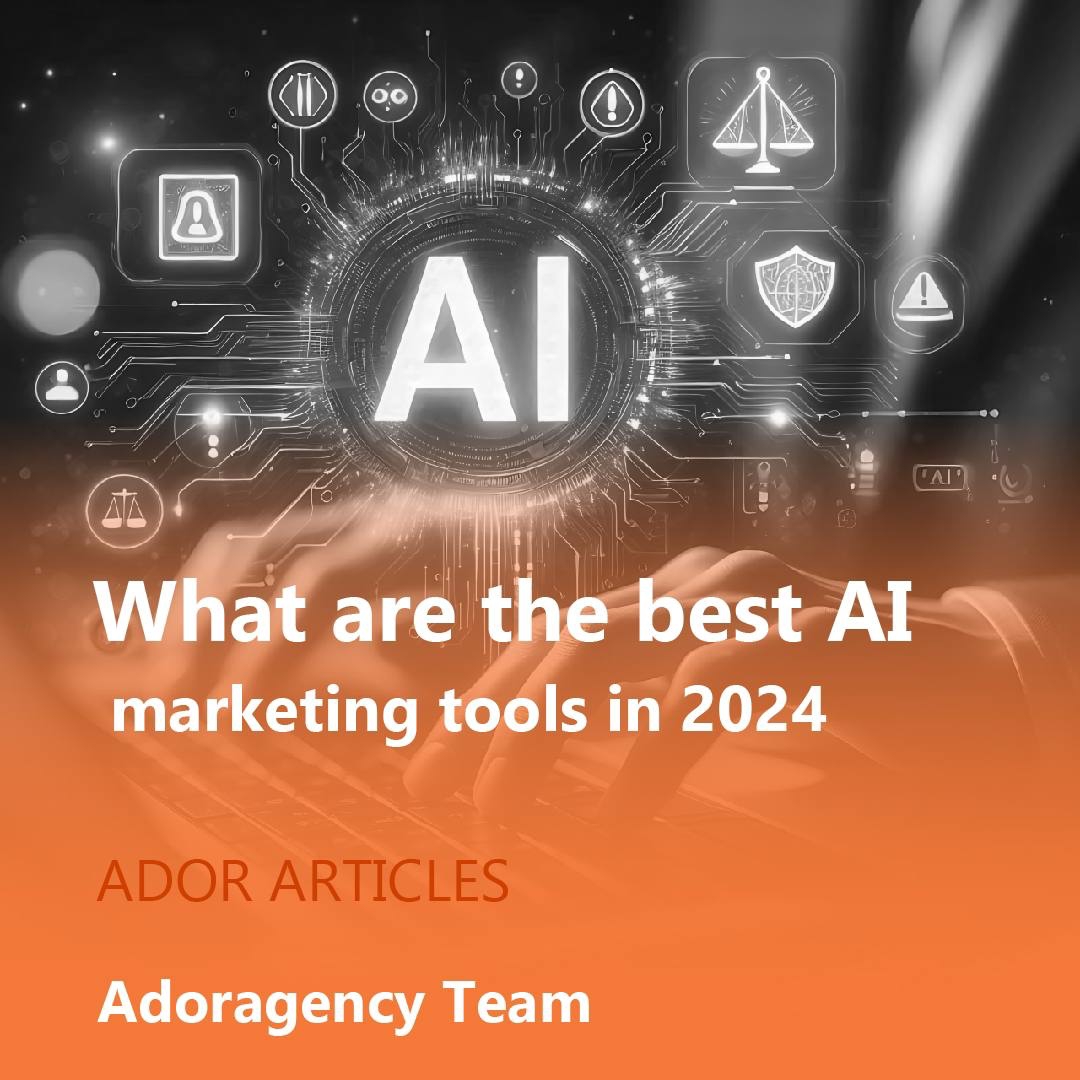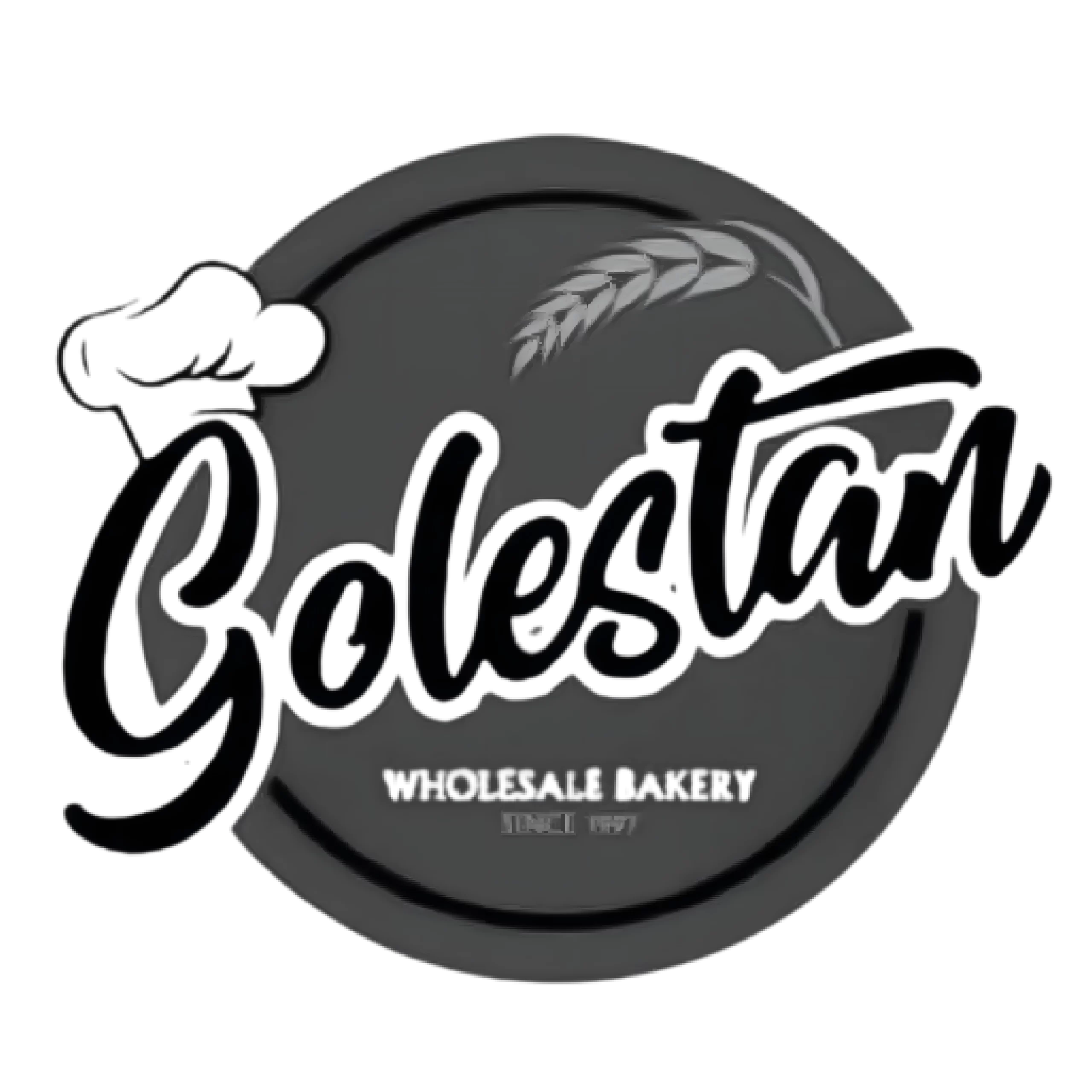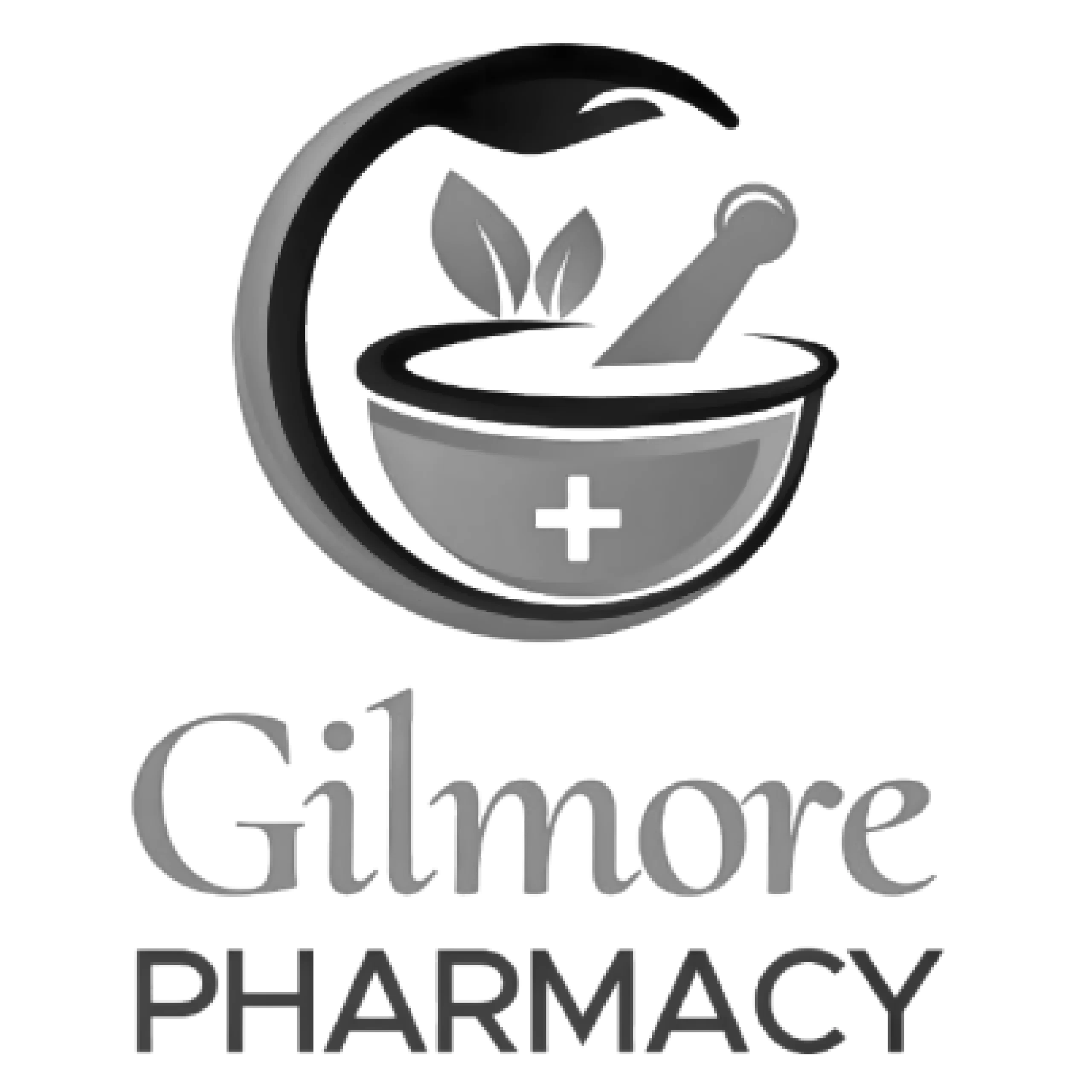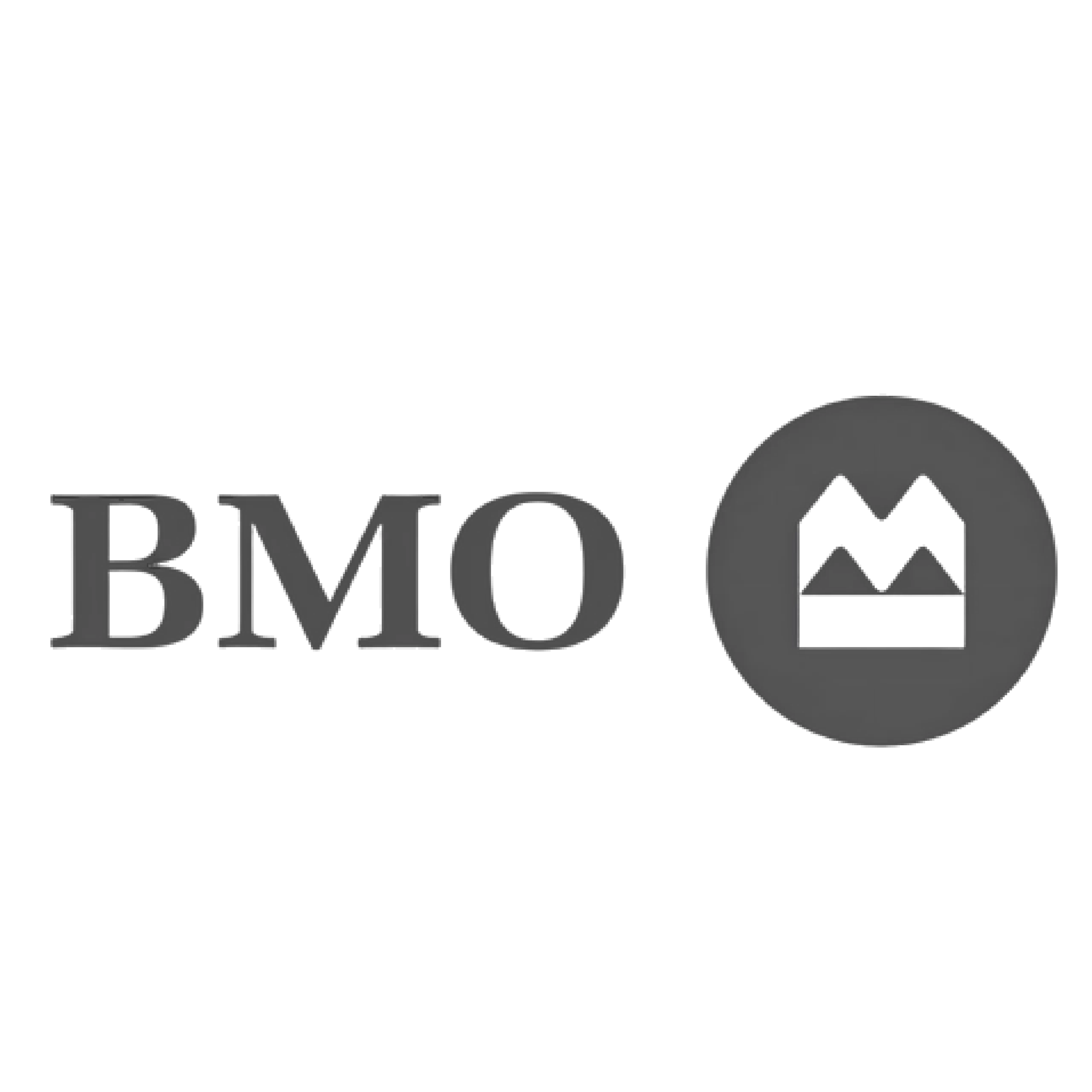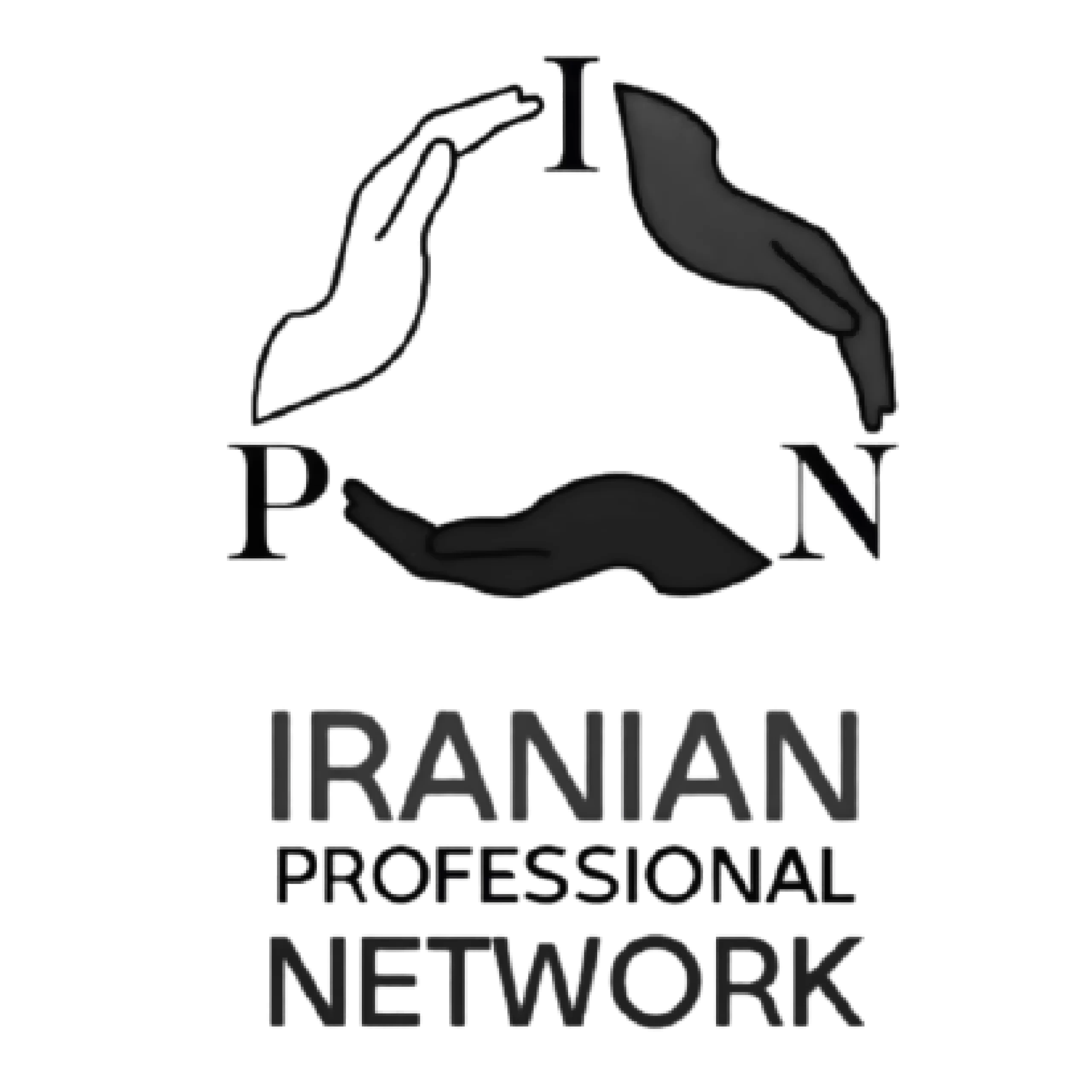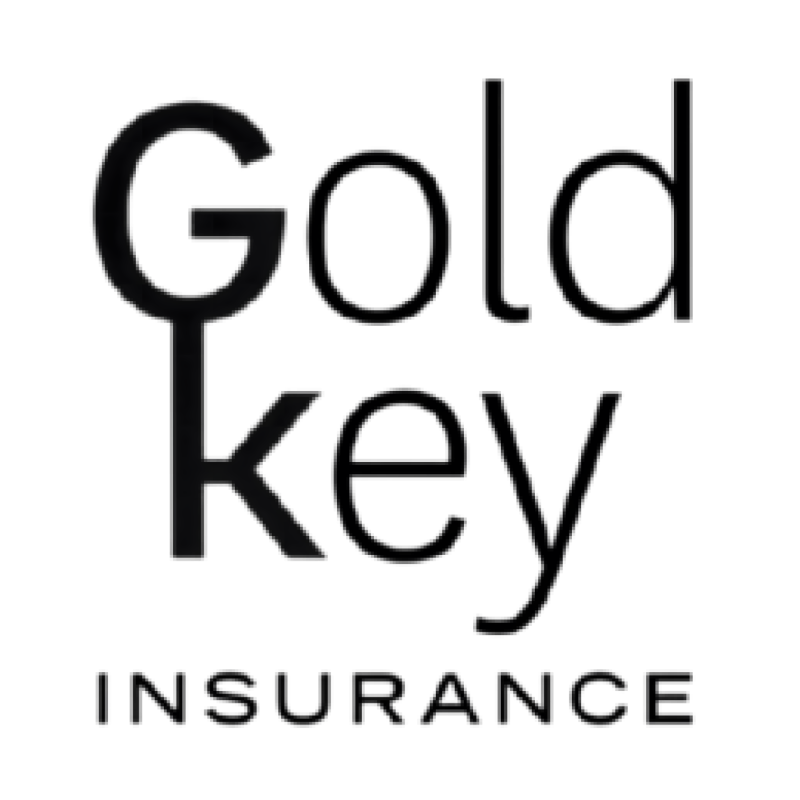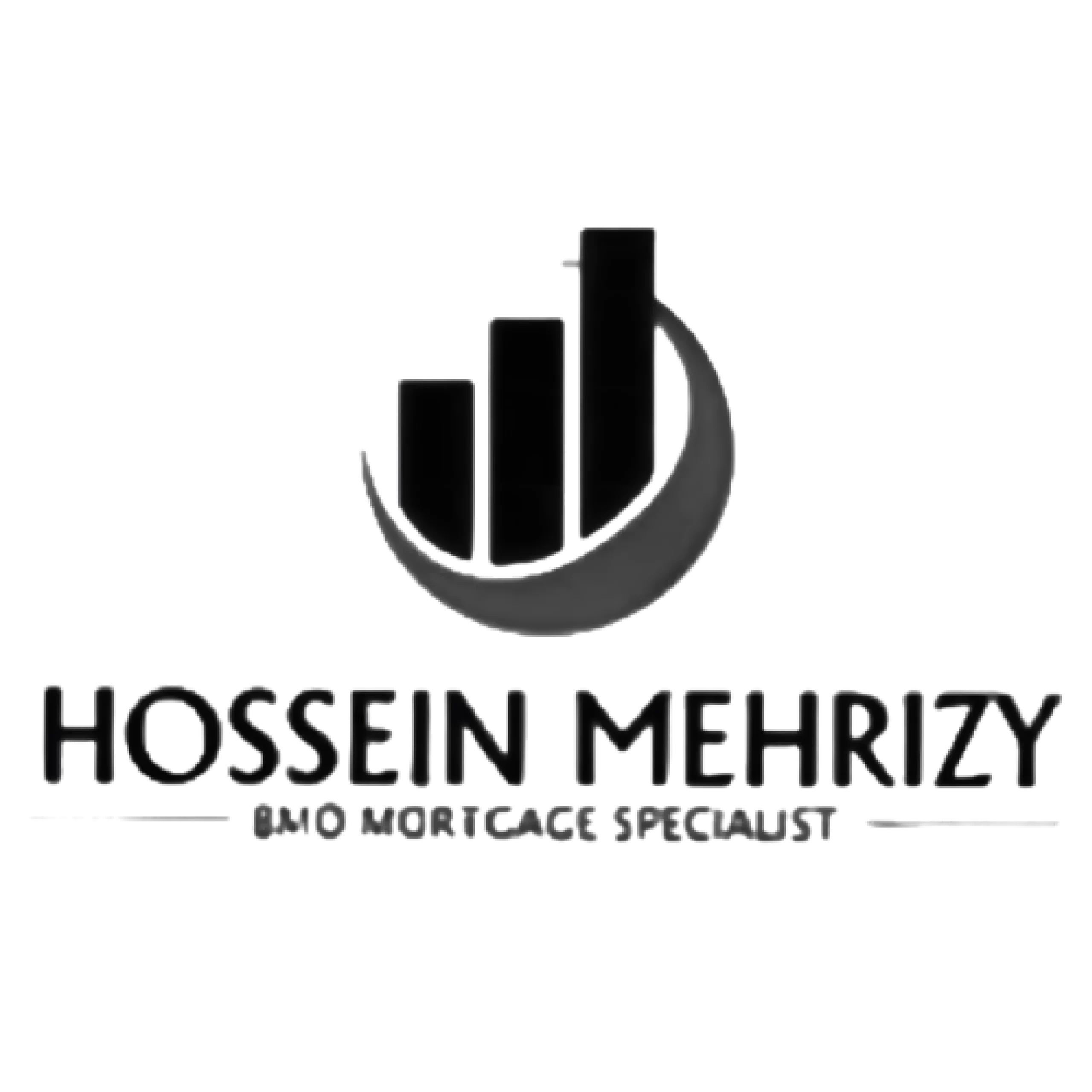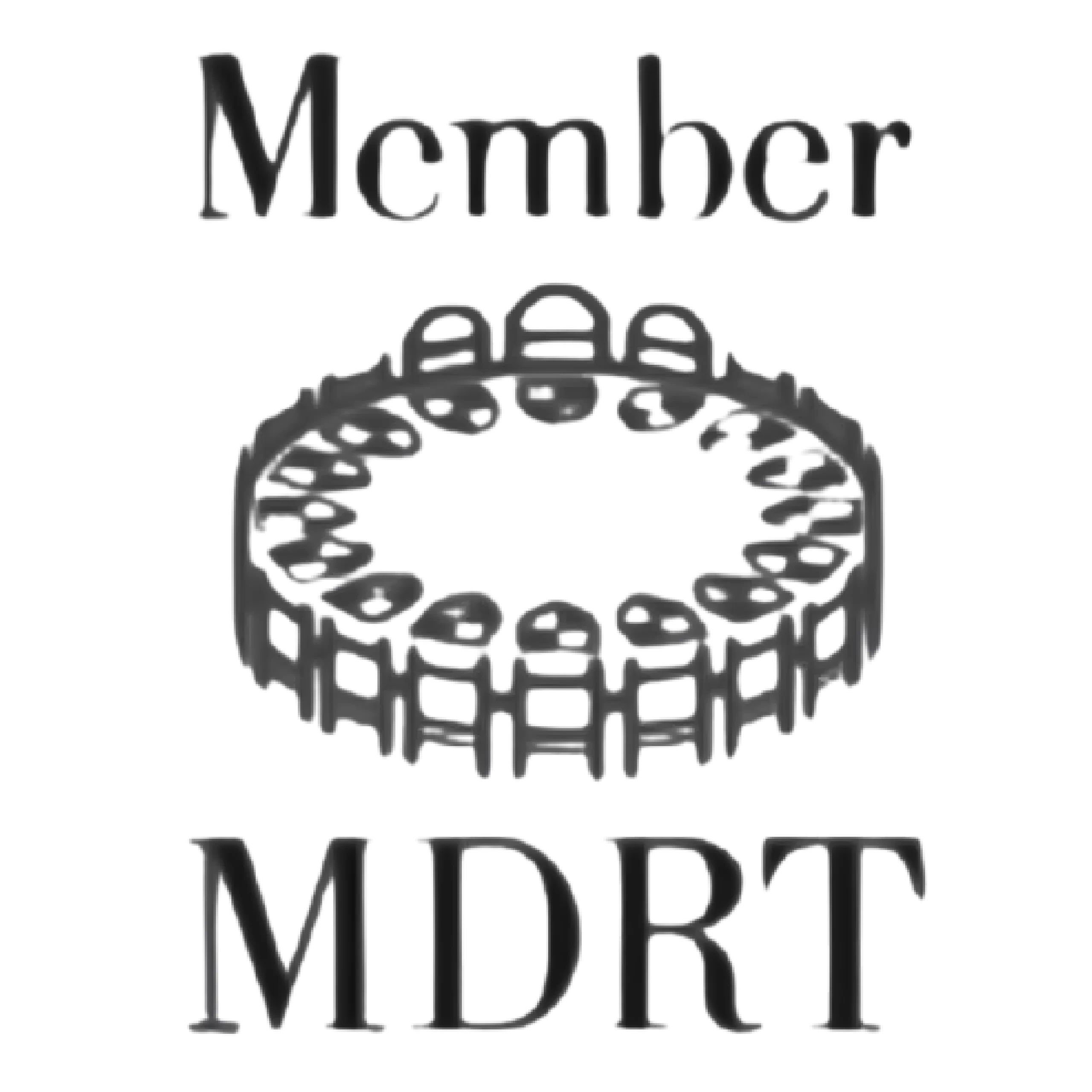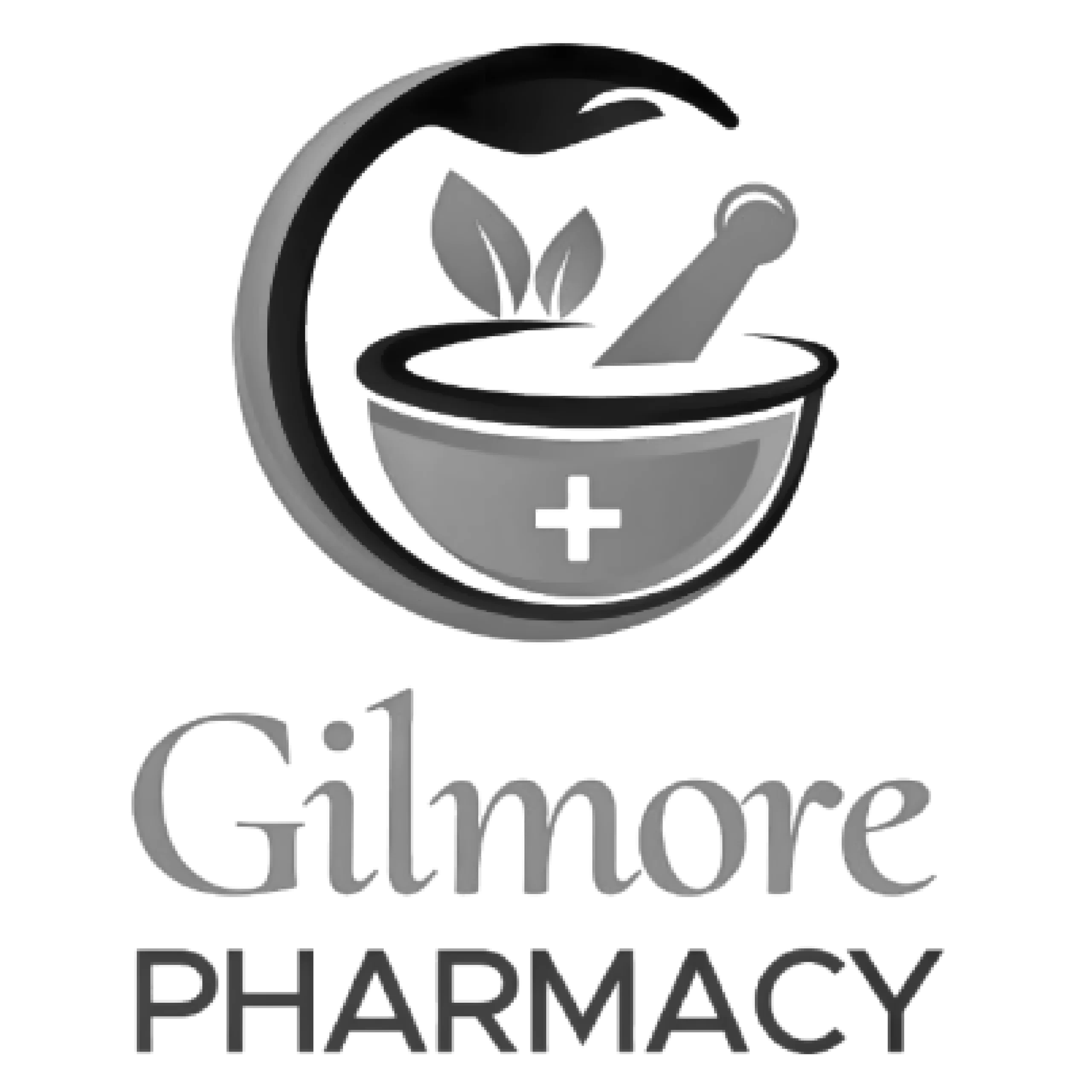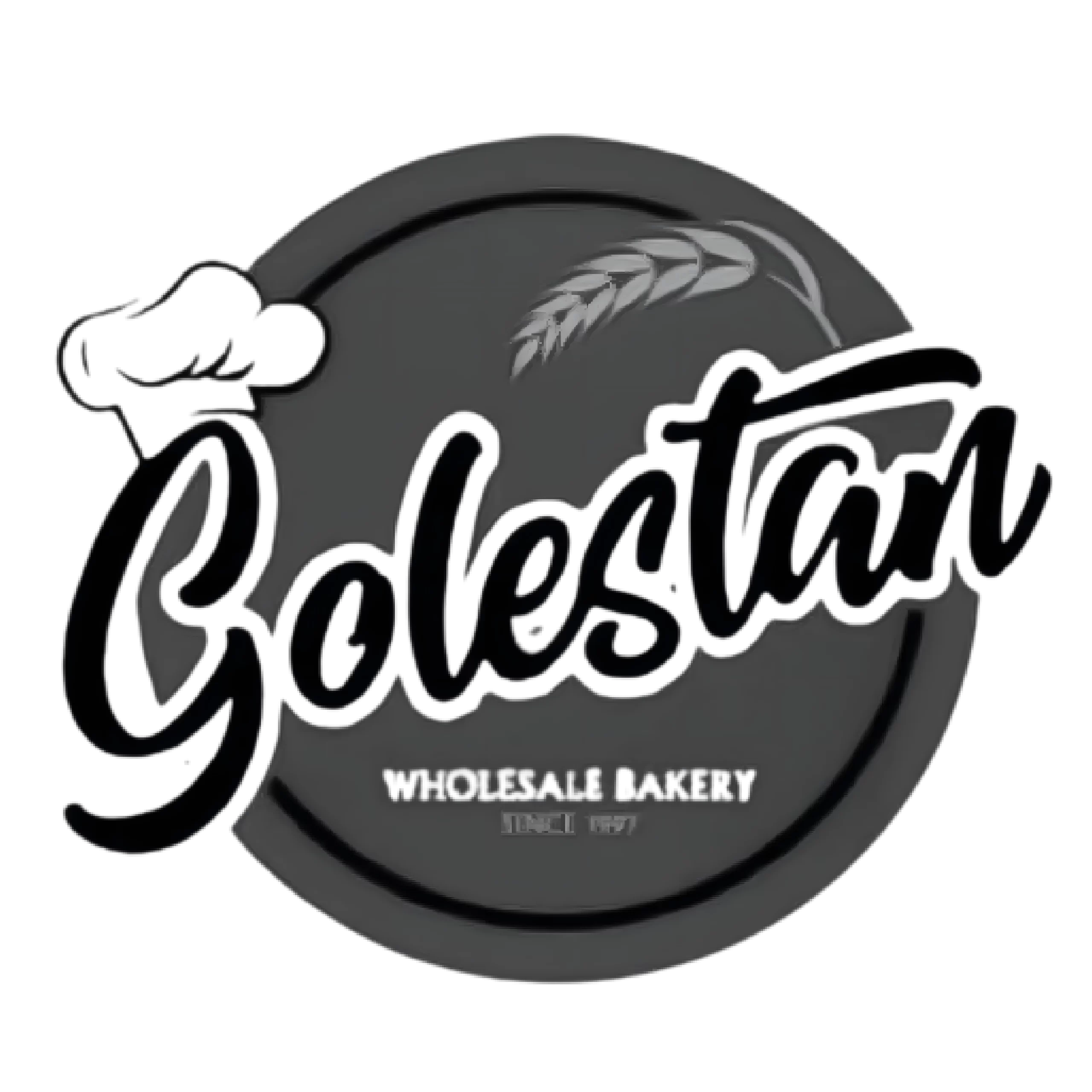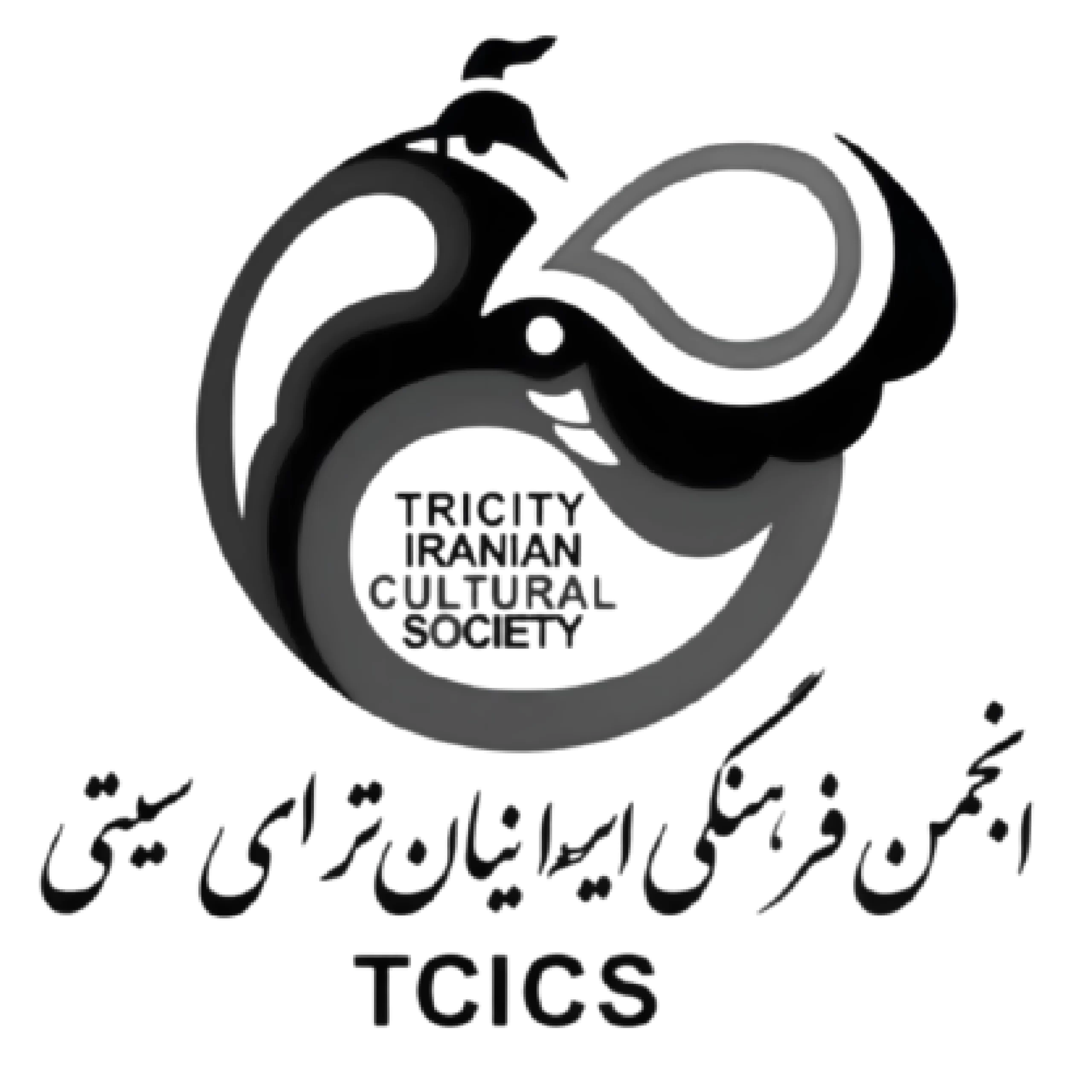Introduction
AI marketing tools leverage artificial intelligence to enhance and streamline various aspects of marketing. These tools use machine learning algorithms, data analytics, and automation to help businesses improve their marketing strategies and achieve better results. In the rest of this article, follow us from the Ador Digital Marketing Agency blog for more information about the Best AI Marketing Tools in 2024.
What is AI in marketing?
AI (Artificial Intelligence) is increasingly being used in marketing to improve various aspects of marketing strategies and campaigns. Here are some common ways AI is applied in marketing:
1. Predictive Analytics
AI algorithms can analyze large amounts of data, including customer data, market trends, and past campaign performance, to make predictions about customer behavior, preferences, and the likelihood of converting leads into customers.
2. Personalization
AI enables marketers to deliver personalized experiences to customers by analyzing their browsing behavior, purchase history, and other data points to provide tailored content, product recommendations, and offers.
3. Chatbots and Virtual Assistants
AI-powered chatbots and virtual assistants can engage with customers, answer their queries, and provide customer support, improving the overall customer experience.
4. Content Creation and Optimization
AI can assist in creating and optimizing content, such as generating copy for ads, emails, and social media posts, as well as optimizing content for better search engine rankings and engagement.
5. Targeted Advertising
AI can help in identifying the most effective channels, platforms, and audiences for advertising campaigns, ensuring that ads are delivered to the right people at the right time.
6. Lead Scoring and Prioritization
AI algorithms can analyze lead data and score leads based on their likelihood of conversion, allowing marketing teams to prioritize and focus their efforts on the most promising leads.
7. Marketing Automation
AI can automate various marketing tasks, such as email campaigns, social media scheduling, and lead nurturing, improving efficiency and reducing manual effort.
Overall, AI in marketing aims to enhance customer understanding, personalize experiences, optimize campaigns, and improve overall marketing effectiveness and efficiency.
22 AI marketing tools to grow your business in 2024
1. Jasper AI (for copywriting)
Jasper AI is an AI-powered writing assistant that can generate high-quality copy for various marketing materials, such as blog posts, social media updates, email campaigns, and even long-form content like ebooks and whitepapers. It uses natural language processing (NLP) and machine learning to understand the context and generate relevant, engaging, and on-brand copy.
2. Lexica Art (for blog thumbnails)
Lexica Art is an AI-powered image generation tool that can create visually appealing blog thumbnails and other visual assets for marketing purposes. It uses generative adversarial networks (GANs) and diffusion models to generate unique images based on text prompts, allowing marketers to quickly create custom visuals without the need for graphic design skills or expensive software.
3. Surfer SEO (for SEO content writing)
Surfer SEO is an AI-powered tool that helps optimize content for search engine rankings. It analyzes top-ranking content for specific keywords and provides recommendations on topics, keywords, and structure to improve the content’s visibility and search engine optimization (SEO). By leveraging AI, Surfer SEO can identify patterns and insights that may be difficult for humans to detect, leading to more effective SEO strategies.
What is SEO and How Does it Work?
4. Notion AI (for productivity)
Notion AI is an AI writing assistant that integrates with the popular productivity tool Notion. It can help marketers and content creators streamline their workflows by generating outlines, summaries, and even full drafts of documents based on prompts or existing content. This can significantly boost productivity and efficiency in content creation processes.
what is content marketing and why should we use it?
5. Content at Scale (for generating SEO blog posts)
Content at Scale is an AI-powered platform that can generate high-quality, SEO-optimized blog posts at scale. It uses natural language processing and machine learning to understand the target keyword, analyze top-ranking content, and generate well-structured and informative blog posts tailored for search engines.
6. Originality AI (for AI content detection)
As the use of AI-generated content increases, tools like Originality AI become important for ensuring content authenticity and detecting potential plagiarism or excessive AI-generated text. This tool can analyze content and provide insights into the likelihood of it being created by AI, helping marketers maintain transparency and comply with content guidelines or regulations.
7. Writer.com (content writing for teams)
Writer.com is a platform that combines human writers and AI to streamline content creation for marketing teams. It leverages AI to assist with tasks like ideation, research, and optimization, while human writers craft the final content. This approach combines the strengths of AI and human creativity, enabling efficient and high-quality content production at scale.
8. Undetectable AI (for rewriting AI content)
Tools like Undetectable AI aim to rewrite and rephrase AI-generated content to make it more human-like and harder to detect by AI content detection tools. While this could raise ethical concerns about misleading audiences, it highlights the evolving landscape of AI-generated content and the need for transparency.
9. FullStory (for digital experiences)
FullStory is a digital experience analytics platform that uses AI and machine learning to analyze user behavior and interactions on websites and apps. It can provide valuable insights into user experience, helping marketers optimize digital touchpoints and improve conversion rates.
10. Zapier (for automating tasks)
Zapier is a popular automation tool that can integrate with various marketing tools and platforms. While not specifically an AI tool, it can leverage AI-powered apps and services to automate repetitive tasks, streamlining workflows and improving efficiency for marketing teams.
11. Hemingway app (for content editing)
The Hemingway App is a writing aid that uses algorithms to analyze and improve the readability and clarity of written content. It can help marketers and content creators produce more concise and engaging copy by identifying complex sentences, passive voice, and other issues that can hinder readability.
12. Chatfuel (for chatbots)
Chatfuel is a platform that enables businesses to create and deploy AI-powered chatbots without the need for extensive coding skills. These chatbots can be integrated into various messaging platforms, such as Facebook Messenger, Telegram, and WhatsApp, allowing marketers to engage with customers in real-time, provide instant support, and even automate lead generation and sales processes. Chatfuel’s user-friendly interface and pre-built templates make it easy to create conversational experiences tailored to specific business needs, leveraging the power of AI to deliver personalized and efficient customer interactions.
13. Grammarly (for content editing)
Grammarly is an AI-powered writing assistant that helps marketers and content creators produce error-free, polished, and engaging content. It uses natural language processing and machine learning algorithms to detect and correct grammatical errors, spelling mistakes, and punctuation issues, as well as provide suggestions for improving style, tone, and clarity. Grammarly’s AI capabilities extend beyond basic proofreading, offering advanced features like plagiarism detection, tone adjustment, and genre-specific writing feedback. By incorporating Grammarly into their content creation workflows, marketers can ensure consistent quality and professionalism across all their written materials.
14. Albert.ai (for digital advertising)
Albert.ai is an AI-powered digital marketing platform that automates and optimizes various aspects of digital advertising campaigns. It leverages machine learning algorithms to analyze vast amounts of data, including customer behavior, market trends, and campaign performance, to make real-time decisions and adjustments. Albert.ai can autonomously manage activities such as audience targeting, bid optimization, and budget allocation across multiple channels, including search, social media, and programmatic display advertising.
What is an advertisement and why are important?
This AI-driven approach enables marketers to maximize their advertising effectiveness, reach the right audiences with the right messages, and drive better return on investment.
15. Headlime (for landing pages)
Headlime is an AI-powered platform that helps marketers create high-converting landing pages quickly and efficiently. It uses machine learning algorithms to analyze data from successful landing pages and provide recommendations on design elements, copy, and messaging that are most likely to resonate with the target audience. Headlime’s AI capabilities extend to features like automatic A/B testing, personalization based on user behavior, and real-time optimization to improve conversion rates. By leveraging AI, marketers can streamline the landing page creation process, reduce the need for manual tweaking, and focus on delivering highly effective and targeted marketing campaigns.
16. Userbot.ai (conversation management)
Userbot.ai is an AI-powered conversation management platform that helps businesses streamline customer interactions across various channels, including chat, email, and social media. It leverages natural language processing (NLP) and machine learning algorithms to understand and respond to customer queries in a human-like manner. Userbot.ai can handle routine inquiries, provide product recommendations, and even escalate complex issues to human agents when necessary. This AI-driven approach enables businesses to deliver faster and more consistent customer support, improve response times, and enhance overall customer satisfaction. Additionally, Userbot.ai’s analytics capabilities provide valuable insights into customer behavior and conversation trends, helping marketers optimize their strategies and improve customer experiences.
17. Browse AI (for scarping web pages)
Browse AI is an AI-powered web scraping solution that automates the process of extracting data from websites. It uses computer vision and machine learning algorithms to navigate and interpret web pages, accurately identifying and extracting relevant data points. This AI-driven approach eliminates the need for manual coding or configuration, making web scraping more accessible and efficient. Browse AI can handle complex website structures, dynamic content, and even captchas, making it a powerful tool for marketers who need to gather data for market research, competitor analysis, or lead generation purposes. By automating data extraction, Browse AI saves time and resources, enabling marketers to focus on analyzing and leveraging the collected data.
18. Algolia (for search and recommendation APIs)
Algolia is a cloud-based platform that provides AI-powered search and recommendation APIs for businesses. Its search functionality uses machine learning algorithms to deliver highly relevant and personalized search results, improving the user experience on websites and applications. Algolia’s AI capabilities extend to features like typo-tolerance, multi-language support, and advanced filtering and sorting options. Additionally, its recommendation engine leverages user behavior data and machine learning to provide personalized product or content recommendations, enhancing engagement and conversion rates. By integrating Algolia’s APIs, marketers can enhance the discoverability and relevance of their digital content, leading to improved customer satisfaction and increased revenue opportunities.
19. PhotoRoom (for removing image backgrounds)
PhotoRoom is an AI-powered application that simplifies the process of removing backgrounds from images. It uses advanced computer vision and machine learning algorithms to accurately identify and separate the subject from the background, allowing for precise and seamless background removal. This AI-driven approach eliminates the need for manual editing or complex software, making it accessible to non-designers and marketers alike. PhotoRoom’s ability to quickly and easily create transparent or solid-colored backgrounds can be invaluable for marketers who need to create professional-looking product images, social media visuals, or other marketing materials. By leveraging AI, PhotoRoom streamlines the image editing process, saving time and resources while delivering high-quality visual assets.
20. Reply.io’s AI Sales Email Assistant (for email replies)
Reply.io’s AI Sales Email Assistant is a powerful tool that leverages artificial intelligence to streamline and automate email communication for sales teams. This AI-driven assistant can analyze incoming emails, understand the context and sentiment, and provide intelligent reply suggestions tailored to each specific conversation. It uses natural language processing (NLP) and machine learning algorithms to craft relevant and personalized responses, saving sales representatives time and effort while ensuring a consistent and professional tone. The AI assistant can also handle routine tasks like scheduling meetings, providing product information, and answering frequently asked questions, freeing up sales teams to focus on high-value activities. Additionally, Reply.io’s analytics capabilities provide valuable insights into email performance, allowing marketers to optimize their sales email strategies and improve customer engagement.
21. Brand24 (for media monitoring)
Brand24 is an AI-powered media monitoring platform that helps businesses track and analyze brand mentions across various online sources, including news websites, social media platforms, blogs, and forums. It leverages natural language processing (NLP) and machine learning algorithms to accurately identify relevant mentions, sentiment, and context, providing comprehensive insights into brand perception and reputation. Brand24’s AI capabilities extend to features like automated sentiment analysis, influencer identification, and trend detection, allowing marketers to stay ahead of emerging conversations and potential crises. By monitoring online conversations in real-time, Brand24 enables businesses to respond quickly to customer feedback, engage with influencers, and identify opportunities for reputation management and brand advocacy.
What is Branding and why it is so important in 2024
22. Influencity (for influencer marketing)
Influencity is an AI-driven platform that helps marketers discover, analyze, and manage influencer marketing campaigns. It uses machine learning algorithms to scan and evaluate influencers across various social media platforms, providing insights into their audience demographics, engagement rates, and content performance. Influencity’s AI capabilities also assist in identifying the most relevant and effective influencers for specific marketing campaigns, based on factors like industry, location, and target audience. Additionally, the platform offers AI-powered campaign management tools, including content analysis, performance tracking, and automated reporting, enabling marketers to optimize their influencer strategies and measure the return on investment. By leveraging AI, Influencity streamlines the influencer discovery and collaboration process, helping businesses build authentic and impactful influencer marketing programs.
Conclusion
AI marketing tools are revolutionizing the marketing industry by making processes more efficient, data-driven, and personalized. By automating repetitive tasks, offering deep customer insights, and optimizing campaigns in real-time, these tools help businesses enhance their marketing strategies and achieve better outcomes. The ability to deliver tailored content and engage customers through AI-driven personalization and automation not only improves customer satisfaction but also maximizes return on investment. As AI technology continues to evolve, its role in marketing will only become integral, enabling businesses to stay competitive in a rapidly changing digital landscape.
FAQs
1. What are the benefits of using AI in marketing?
AI can provide several benefits to marketers, including improved personalization, enhanced customer experiences, increased efficiency, better targeting and segmentation, optimized campaign performance, and data-driven decision-making.
2. How can AI improve personalization in marketing?
AI algorithms can analyze customer data, behavior, and preferences to deliver highly personalized content, product recommendations, and marketing messages tailored to individual customers, enhancing engagement and conversion rates.
3. Is AI replacing human marketers?
While AI can automate certain tasks and augment human capabilities, it is not meant to replace human marketers entirely. Instead, AI should be seen as a powerful tool to assist and enhance human efforts, freeing up time for more strategic and creative work.
4. How can marketers ensure ethical use of AI?
Marketers should prioritize transparency, data privacy, and responsible AI practices. This includes clearly communicating the use of AI, ensuring data security, and avoiding biased or discriminatory algorithms. Ethical guidelines and regulations should be followed.
5. What are the challenges of implementing AI in marketing?
Common challenges include data quality and availability, integration with existing systems, upskilling and training requirements, budget constraints, and the need for ongoing monitoring and optimization of AI models.
6. How can small businesses leverage AI in marketing?
Small businesses can take advantage of AI-powered tools and platforms for tasks like content creation, social media management, chatbots, email marketing, and targeted advertising, without the need for extensive in-house AI expertise or resources.
7. What is the future of AI in marketing?
The future of AI in marketing is likely to involve more advanced natural language processing, computer vision, and predictive analytics capabilities, as well as the integration of AI across the entire customer journey and marketing technology stack.
8. How can marketers prepare for the increasing adoption of AI?
Marketers should stay updated on AI trends and developments, invest in upskilling and training, prioritize data quality and governance, and foster a culture of innovation and experimentation within their organizations.

